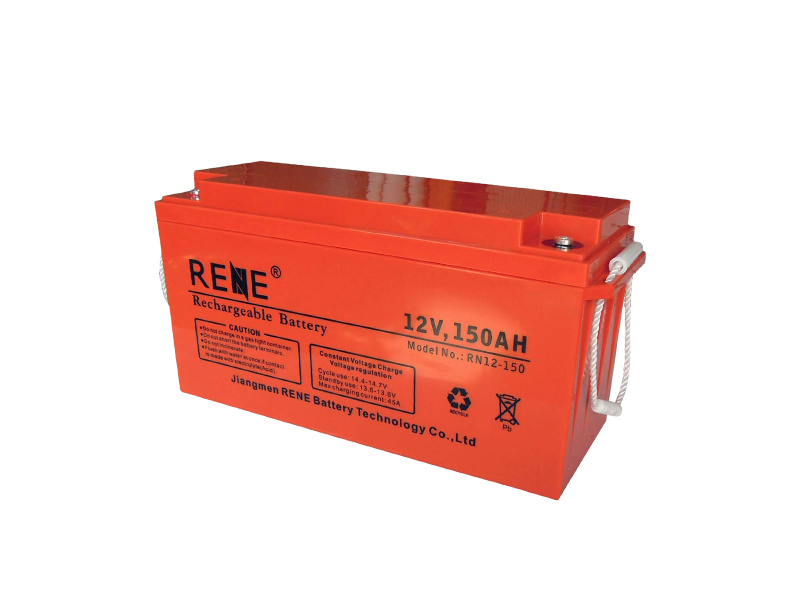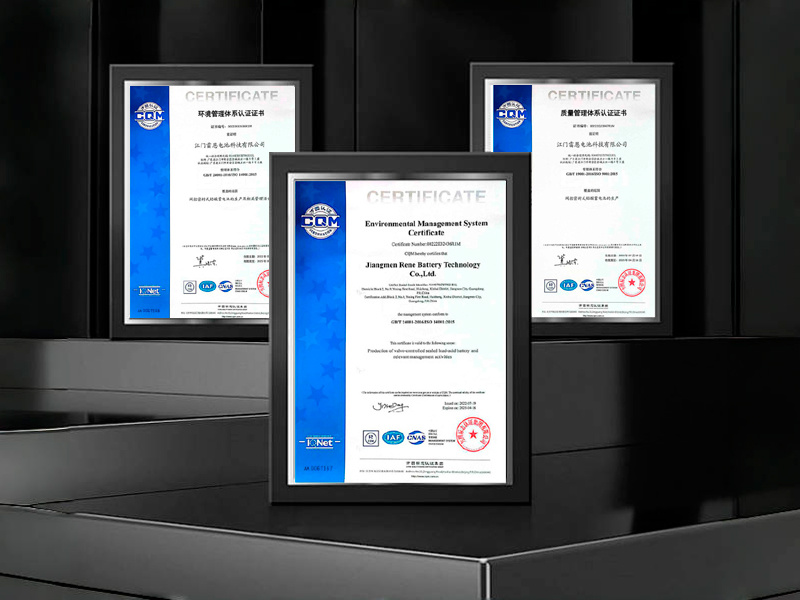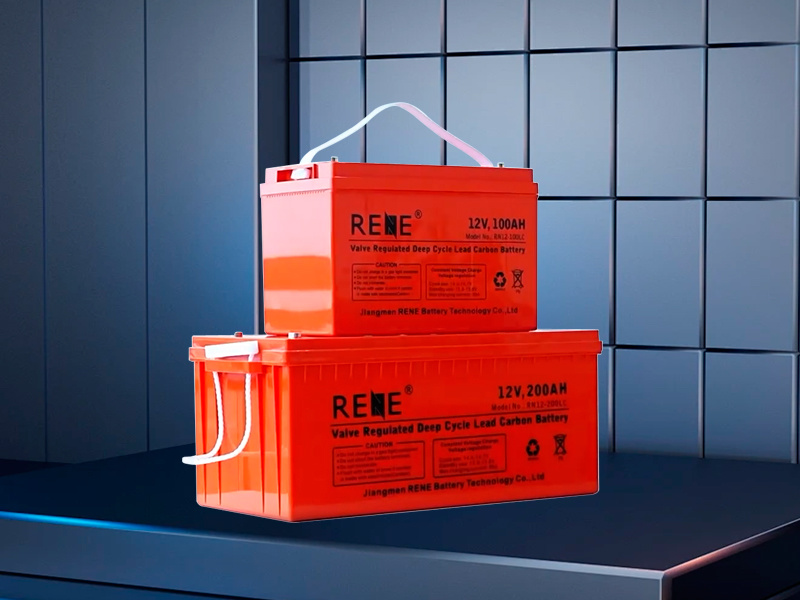Jiangmen Rene Battery Technology Co., Ltd.
Exploring the Benefits of Lithium Batteries for Off-Grid Solar Applications
2025-05-25
When considering energy storage solutions for off-grid solar applications, lithium batteries stand out due to their numerous benefits compared to traditional lead-acid batteries. Lithium batteries are vital in enhancing the efficiency and reliability of off-grid solar systems, making them a popular choice among professionals in the electrical and energy industries. One of the most significant adva

When considering energy storage solutions for off-grid solar applications, lithium batteries stand out due to their numerous benefits compared to traditional lead-acid batteries. Lithium batteries are vital in enhancing the efficiency and reliability of off-grid solar systems, making them a popular choice among professionals in the electrical and energy industries.
One of the most significant advantages of lithium batteries is their higher energy density. This means they can store more energy in a smaller and lighter package, allowing for more efficient use of space in installations. For off-grid solar systems, where space may be limited, this feature is crucial. Additionally, lithium batteries have a faster charge and discharge rate, enabling more efficient use of solar power generated during the day and making energy available for use at night or during cloudy periods.
The longevity of lithium batteries is another critical factor that makes them suitable for off-grid applications. While lead-acid batteries typically last around 2 to 5 years, lithium batteries can last up to 10 years or more with proper care. This extended lifespan not only reduces the frequency of replacements but also lowers the long-term cost of the energy storage system. Furthermore, lithium batteries have a much deeper discharge capability, allowing them to be discharged to a greater extent without damaging the cells, which means more usable energy is available.
Safety is always a concern when it comes to battery technology. Lithium batteries come equipped with advanced battery management systems (BMS) that protect against overcharging, overheating, and short circuits. This added safety feature is essential for off-grid installations, where battery maintenance may not be as frequent or can be more challenging than in grid-connected systems.
Moreover, lithium batteries are more environmentally friendly compared to their traditional counterparts. They have a lower environmental impact during both production and disposal phases, aligning with the sustainable goals often associated with off-grid solar systems. As the world moves towards green energy solutions, the integration of lithium batteries in these systems supports a cleaner future.
In conclusion, using lithium batteries for off-grid solar applications presents a range of benefits, including higher energy density, longer lifespan, enhanced safety features, and lower environmental impact. For professionals in the electrical and energy sectors, understanding these advantages can lead to more informed decisions when designing and implementing off-grid systems. With their superior performance characteristics, lithium batteries are increasingly becoming the go-to choice for efficient and reliable energy storage in off-grid solar installations.
One of the most significant advantages of lithium batteries is their higher energy density. This means they can store more energy in a smaller and lighter package, allowing for more efficient use of space in installations. For off-grid solar systems, where space may be limited, this feature is crucial. Additionally, lithium batteries have a faster charge and discharge rate, enabling more efficient use of solar power generated during the day and making energy available for use at night or during cloudy periods.
The longevity of lithium batteries is another critical factor that makes them suitable for off-grid applications. While lead-acid batteries typically last around 2 to 5 years, lithium batteries can last up to 10 years or more with proper care. This extended lifespan not only reduces the frequency of replacements but also lowers the long-term cost of the energy storage system. Furthermore, lithium batteries have a much deeper discharge capability, allowing them to be discharged to a greater extent without damaging the cells, which means more usable energy is available.
Safety is always a concern when it comes to battery technology. Lithium batteries come equipped with advanced battery management systems (BMS) that protect against overcharging, overheating, and short circuits. This added safety feature is essential for off-grid installations, where battery maintenance may not be as frequent or can be more challenging than in grid-connected systems.
Moreover, lithium batteries are more environmentally friendly compared to their traditional counterparts. They have a lower environmental impact during both production and disposal phases, aligning with the sustainable goals often associated with off-grid solar systems. As the world moves towards green energy solutions, the integration of lithium batteries in these systems supports a cleaner future.
In conclusion, using lithium batteries for off-grid solar applications presents a range of benefits, including higher energy density, longer lifespan, enhanced safety features, and lower environmental impact. For professionals in the electrical and energy sectors, understanding these advantages can lead to more informed decisions when designing and implementing off-grid systems. With their superior performance characteristics, lithium batteries are increasingly becoming the go-to choice for efficient and reliable energy storage in off-grid solar installations.
Key words:














